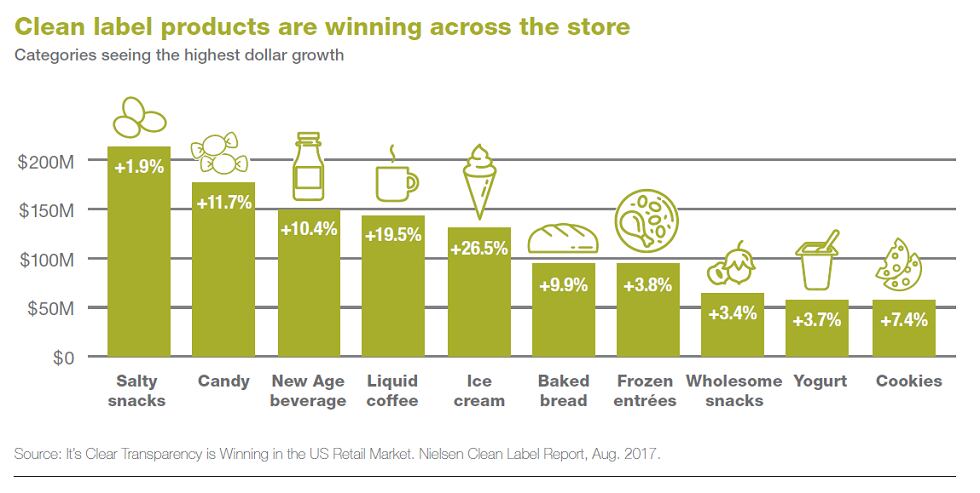According to Cargill, the bakery category accounts for a quarter of its plant-based protein customer base and it will be launching more protein-added bread items within the next year or two.
Protein bread could have two types of claims: “it either goes total protein such as ‘eight grams of protein per serving,’ or it could go ‘good source of protein’,” said Bill Gilbert, food principal technologist at Cargill.

"The market for whole grain and fiber breads is pretty much saturated, so protein offers a great opportunity for the bread category to grow further."
“You will see both of these in the grocery aisle, if not already, very soon, because we’ve got projects going on in that space,” said Gilbert.
He added: “The market for whole grain and fiber breads is pretty much saturated, so protein offers a great opportunity for the bread category to grow further.”
Advantages of pea protein
The Minnesota-based food processor has been investing in the plant-based area for several years with soy flour making up the majority of its product portfolio. In 2015, it formed a joint venture with Puris to expand its production of pea protein.
"We see pea protein as a natural next step and evolution [from soy],” said Matthew Jacobs, Cargill’s leader of vegetable protein product line.
“We heard from our customers and market that Puris’ pea protein has this better overall sensory profile... [while the protein source] comes from a known network that Puris has maintained for years in the US.”
However, adding only pea protein is not enough to create ideal bread flavor and texture.
“There is a great advantage by combining our protein sources [for example, soy] for texture, flavor and the cost in finished products,” added Jacobs. “One of the advantages with pea protein is that it has over 80% protein, whereas soy flour is 50%.
“Protein is a water-loving ingredient, so it is going to take away the moisture in the formula. Blending other ingredients in ‘the right way’ can help reduce the chalkiness, the beany and grainy notes that soy might give away in the bread.”
Clean label trend
Cargill told BakeryandSnacks the clean label trend is also driving consumers to look for more protein bread.

A survey Cargill conducted last year in partnership with Decision Analyst showed that nearly 60% of the 302 US grocery shoppers surveyed were aware of clean label products, yet far fewer have a deep understanding of what the term means.
“One of the definitions of clean label is using recognized ingredients. Seeing pea protein on that label definitely checks that box,” said Jacobs.
“It also means organic. Pea protein is naturally not genetically modified.”
However, consumers pay less attention to clean label when it comes to sweet baked goods compared to other produce categories like nutrition bars and ready-to-eat cereals.
Cargill said 28% and 27% of the respondents care about clean label when they shop nutrition bars and cereals respectively, while only 15% of them do to sweet baked goods.
Jacobs believes bread will not become consumers’ primary source of protein, but offer an “add-on” opportunity.
“Protein bars have been around for a long time and they are definitely considered a healthy item for the mainstream audience,” he said.
“On the bread side, we have seen some real neat innovations such as Dave’s Killer Bread. They are becoming more mainstream and people are willing to pay more for premium quality.”
Nielsen data showed the US retail value of clean-label baked bread almost reached $100m in 2017, growing at 9.9% year-over-year. The growth surpasses other sectors in the bakery and snacks space, with salty snacks growing at 1.9%, wholesome snacks at 3.4%, and cookies at 7.4%.
Cargill also is working with muffins and baked bars manufacturers to incorporate pea protein into their products.
